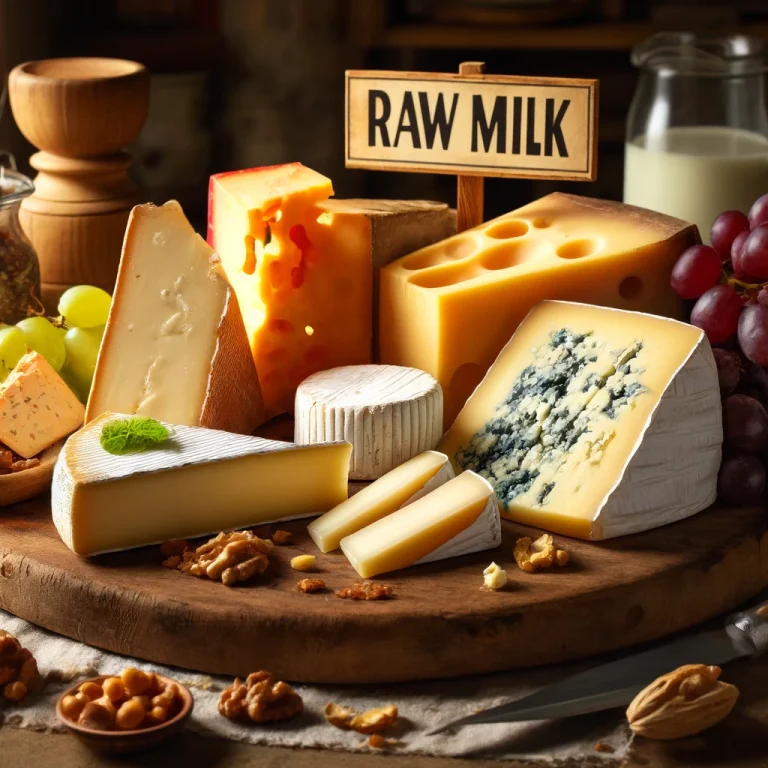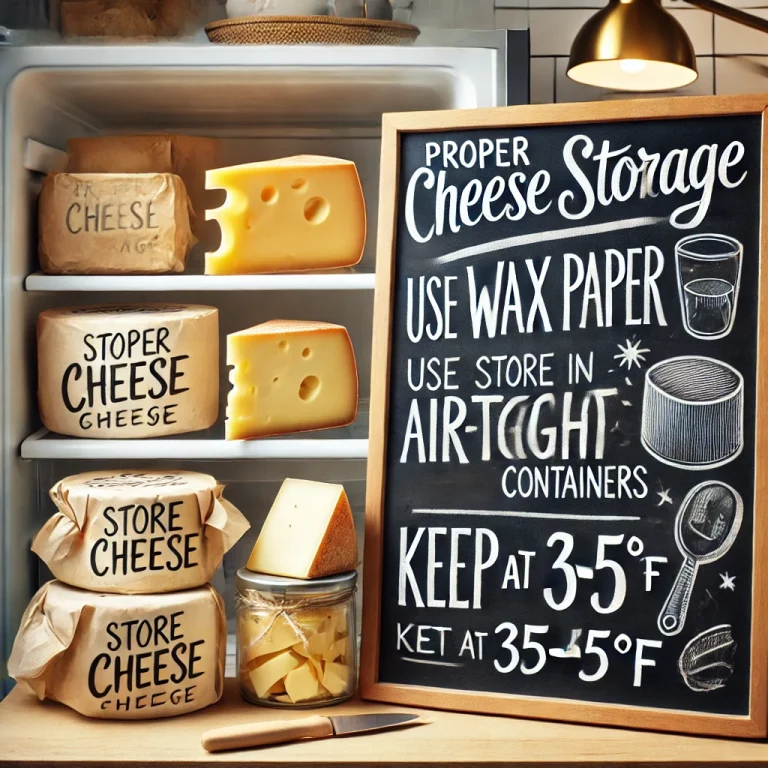Is Aged Cheese Lactose-Free?
Many people who are lactose intolerant avoid cheese altogether, but did you know that most aged cheeses are naturally low in lactose? If you love cheese but have concerns about digestion, this guide will help you understand why aged cheese may be a safe and delicious option for you.
What Happens to Lactose During Cheese Aging?
Lactose, the natural sugar in milk, is broken down during the cheese-making and aging process. Here’s how:
- Bacterial Fermentation: Cheese cultures consume lactose and convert it into lactic acid.
- Draining of Whey: Most lactose is removed with the whey during cheese production.
- Aging Process: Over time, any remaining lactose continues to degrade, making aged cheese easier to digest.
For more details on the cheese-making process, check out How Cheese is Made.
Best Lactose-Free Aged Cheeses
If you’re looking for naturally low-lactose cheeses, these are excellent choices:
- Parmesan: Aged 12+ months, nearly lactose-free.
- Cheddar: The longer the aging, the lower the lactose.
- Gouda: Aged varieties contain minimal lactose.
- Gruyère: Aged for several months, making it safe for most lactose-intolerant individuals.
- Swiss Cheese: Contains very little lactose due to its aging process.
Explore our curated selection of aged cheeses: Buy Cheese Online.
How to Tell if a Cheese is Low in Lactose
To determine if a cheese is lactose-free, consider these tips:
- Check the Age: The older the cheese, the less lactose it contains.
- Look at the Label: Many aged cheeses are labeled as “low lactose” or “lactose-free.”
- Do a Taste Test: If you can tolerate a small portion without discomfort, it’s likely safe.
Want to learn more about cheese varieties? Visit our Cheese Categories.
Can Lactose-Intolerant Individuals Eat Aged Cheese?
Yes! Most aged cheeses contain less than 0.1g of lactose per serving, making them a great choice for lactose-intolerant individuals. If you have concerns, consult with a healthcare provider or start with small portions.
For pairing ideas, check out our Cheese & Wine Pairing Guide.
Conclusion
Aged cheese is an excellent alternative for those who are lactose-intolerant. Due to natural fermentation and the aging process, these cheeses contain minimal lactose, making them both delicious and digestible.
Ready to enjoy lactose-free cheese? Shop our selection of premium aged cheeses today: Shop Now.






